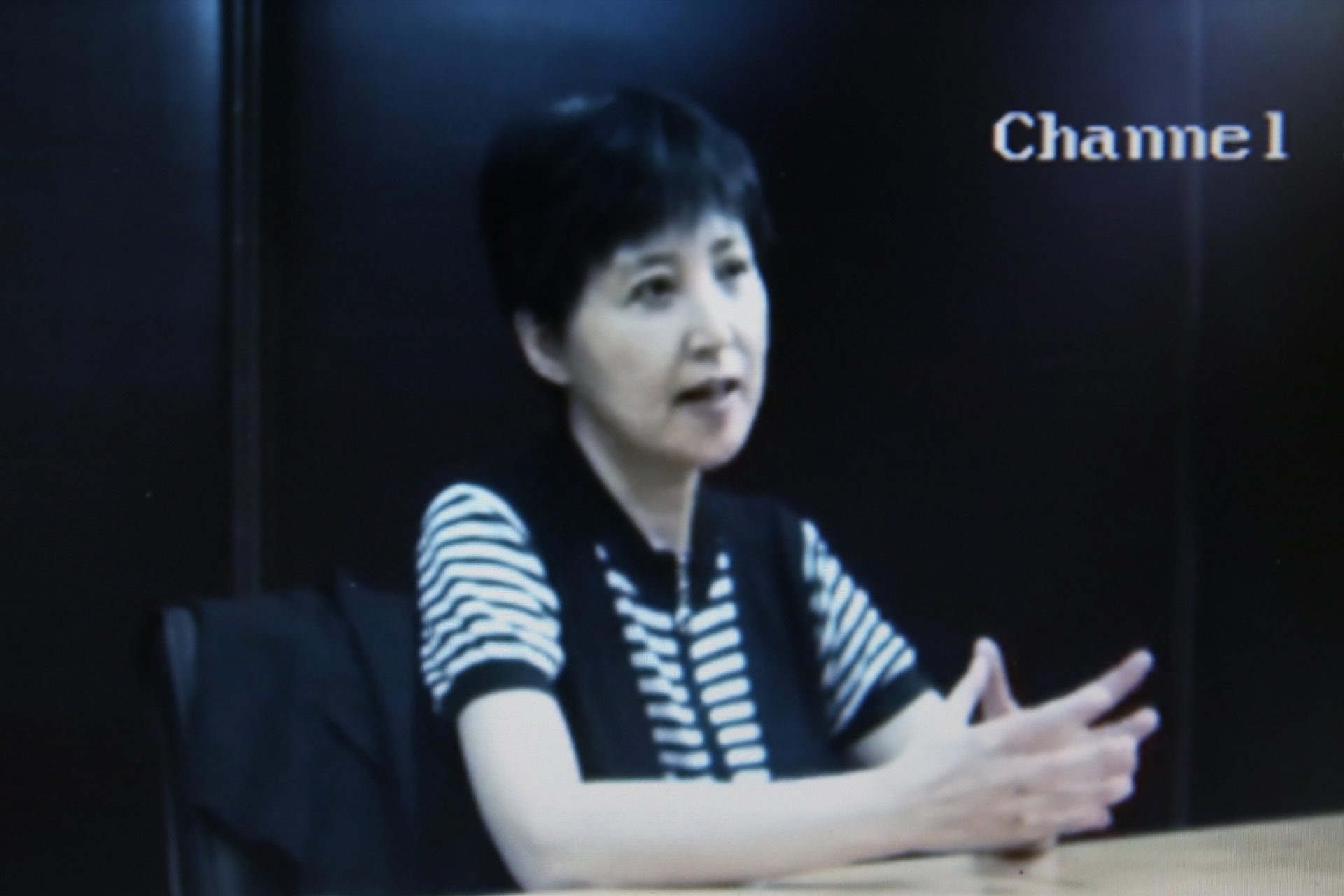
It is not unusual for a member of the House of Lords to accuse the government of “undermining our democracy”. While there is an inherent irony in this, given the undeniably undemocratic nature of the UK’s unelected second chamber, there was something striking and unusual about the accusation when it was made on the evening of February 6. The man levelling the charge, Robert Hayward, is a Conservative peer, someone who has been influential at the core of the party.
While he received little support from his colleagues, across the country there are people who are becoming increasingly concerned that what used to be perceived as the core values of the UK are being eroded. A report published this month by a high-powered, independent cross-party group cited “a fall in standards of integrity in public life, weak controls on mis/abuse of power, poor decision making and implementation, and consequent damage to our national reputation”.
With a list of failings on that scale, the commission’s conclusion might have been more apocalyptic than it was. “Taken together, these problems threaten the quality of our democracy,” it declared.
Under the chairmanship of Dominic Grieve KC, the former Conservative attorney general (and staunch opponent of Brexit, hence now a former Tory MP), the commission has produced a list of initiatives that could be implemented at little or no cost and would undoubtedly improve the way the country functions. The recommendation that grabbed the headlines was that prime ministers should lose the power of patronage: no more peerages for loyal friends, relations or donors. Quite right! (And, before you mention it, David Cameron kindly put me in the Lords, although I didn’t fit into any of those three categories.)
Hayward’s concerns, though, were outside Grieve’s brief, but they are frighteningly relevant as the general election approaches. His attack was directed at the anonymous funding of political activity, what he described as “a case of fat wallets and no honour”.
As a polling expert, his particular object of attack was the poll published, with great glee, by the Daily Telegraph last month. Produced by the generally well-respected pollsters YouGov, it predicted a Tory wipe-out at the next election and provided the ammunition for Lord Frost, who commissioned it, to argue in his Telegraph column that the government had to take a much tougher stance on immigration, or face annihilation.
Frost, it must be remembered, was Boris Johnson’s completely inept chief negotiator on Brexit. He has not let his disastrous performance in that role in any way curtail the political ambitions that shine through his various outpourings.
What was less visible, and remains unclear, was the source of the funding for the poll. Hayward deemed that anonymity “anti-democratic”.
The same is surely true of the Popular Conservatives, the latest faction of the Conservative Party to assume its own identity. Despite all the disastrous evidence to the contrary, this group clings to the view that Liz Truss is the answer to the UK’s problems. It appears to have access to plentiful funding. Yet, despite the fact that the PopCons aim to influence public opinion and the outcome of the election, they are incredibly coy about the source of their finances.
Whatever the motives of those who choose to fund the continuing efforts of the woman who was one of the most disastrous, but unrepentant, leaders this country has ever had, one can understand why they might not wish to go public about their allegiance. That does not mean they should have that luxury. Total transparency should be the rule where political funding is concerned.
Grieve’s commission restricted its comments on this topic to calling for a strengthening of the powers and independence of the Electoral Commission. Ironically, but not surprisingly, the government has moved decisively in the opposite direction.
It is unlikely to be any more receptive to the commission’s other recommendations, but an incoming administration, with a wish to restore a degree of confidence in the way the country works and improve ethical standards in public life, would be well advised to take them seriously.
Beefing up the ministerial code and taking a tougher line on conflicts of interest in government may not be headline-grabbing, but could have put a stop to such misguided wheezes as a VIP route for ministers’ mates to cash in on the PPE crisis during the Covid pandemic. Reversing the current trend of ministers passing important legislation without bothering to get parliamentary approval would also be a welcome move. The current government is a great devotee of this hugely anti-democratic approach to getting its way, often on issues involving civil liberties. Henry VIII thought it was a great way to run a country, but he had never heard of the universal franchise. In a modern democracy, it should not be possible for parliament to be regularly sidelined.
A similarly high-handed attitude from the executive towards the civil service has been deeply damaging to what was once seen as a brilliantly effective bureaucracy. The commission recommends that there should be a royal commission to examine what should be the role and structure of a modern civil service.
Ministers have probably already deleted their WhatsApp messages denouncing such proposals as unwelcome meddling. They have no interest in acknowledging, let alone trying to address, the fundamental problems that now threaten our democracy. But Robert Hayward, Dominic Grieve and many who lack their megaphones know there is a deep problem in need of speedy redress.

